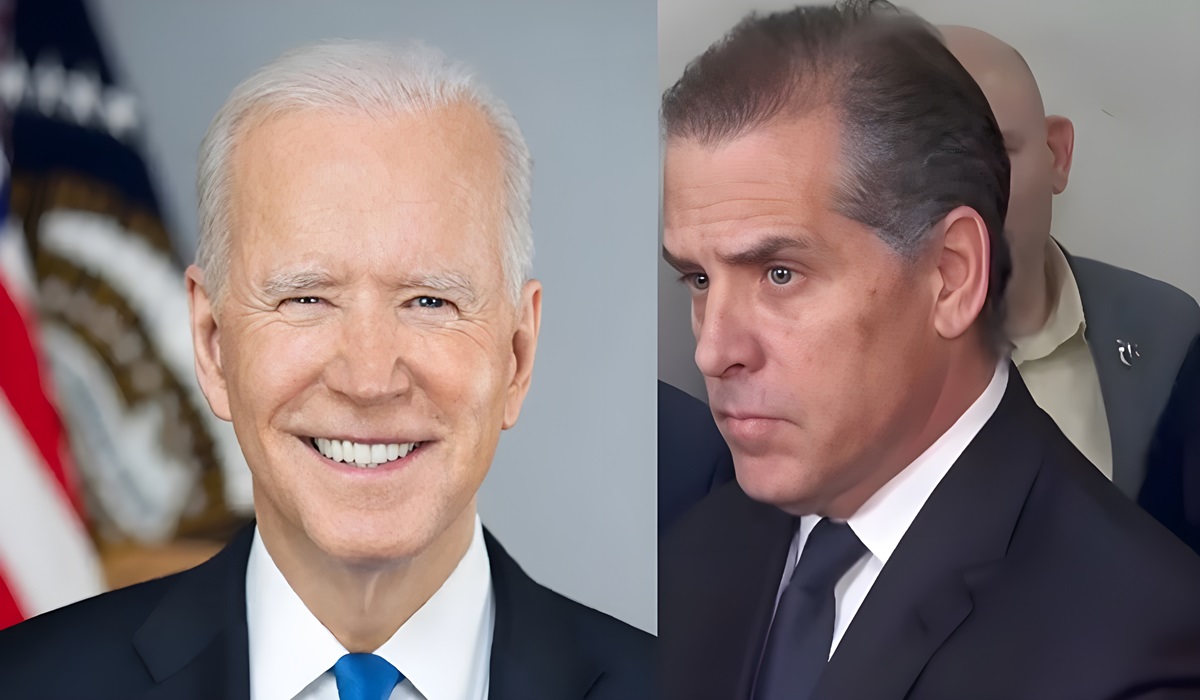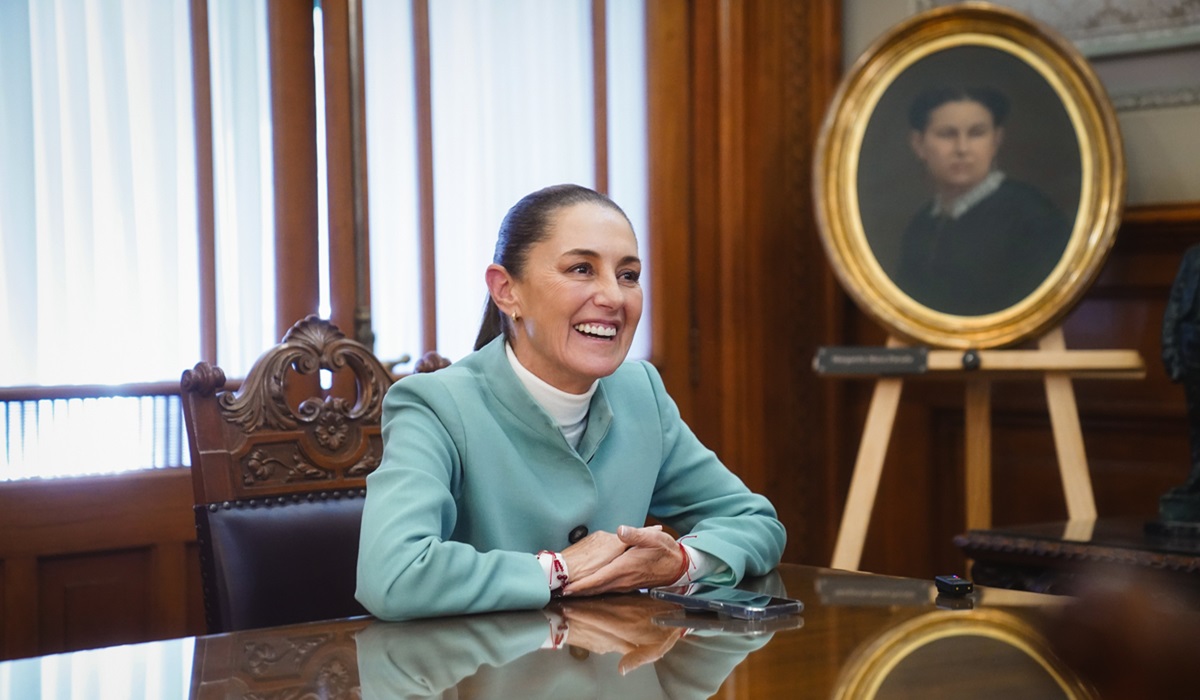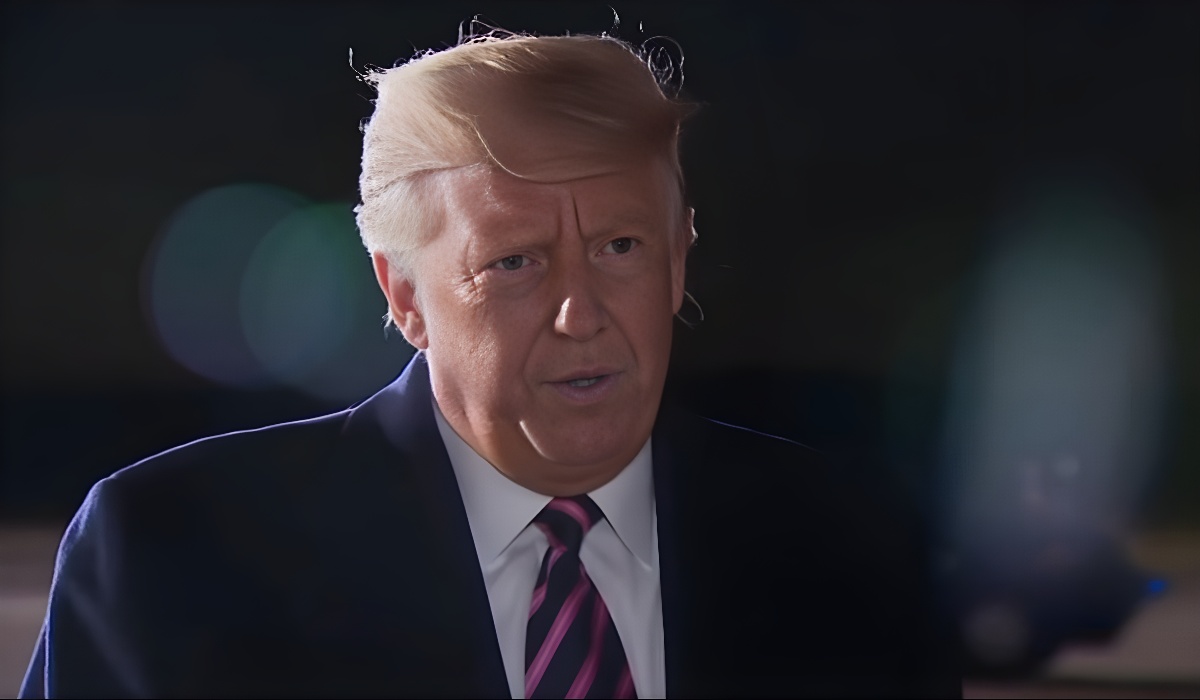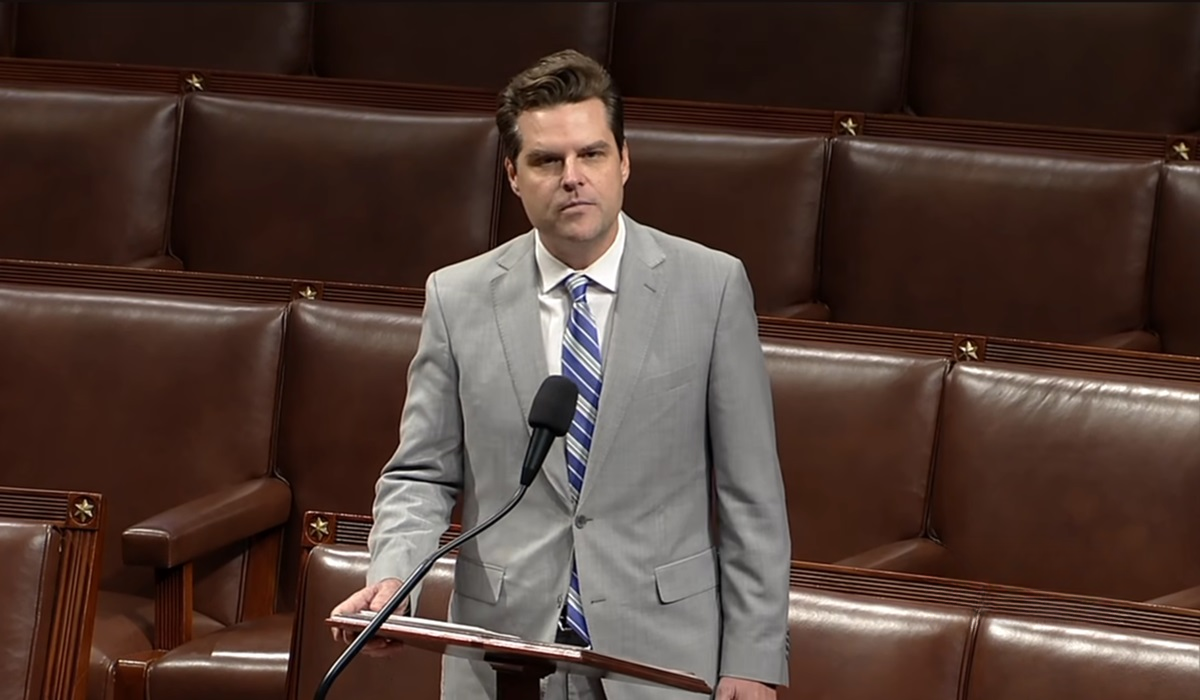Parent or President? Examining Joe Biden’s Decision to Pardon His Son Hunter
- Ingrid Jones
- U.S.A
- December 2, 2024

In an unexpected move that has sparked a wave of outrage across the nation, President Joe Biden granted an unconditional, full pardon to his son, Hunter Biden. The controversial decision comes in the wake of Hunter Biden’s conviction earlier this year, where he pleaded guilty to two misdemeanor tax charges and a felony gun charge. The tax violations stemmed from Hunter’s failure to pay taxes on significant income earned in the years 2017 and 2018, while the gun charge related to his possession of a firearm while being a drug user.
“I believe in the justice system, but as I have wrestled with this, I also believe raw politics has infected this process and it led to a miscarriage of justice – and once I made this decision this weekend, there was no sense in delaying it further. I hope Americans will understand why a father and a President would come to this decision.” President Biden Statement
While many Americans are voicing their anger over the pardon, the situation raises the question: Should they be so outraged? From a parental standpoint, what Joe Biden did is perhaps understandable. Parents are often inclined to do whatever they can to protect their children, even if it means using the power afforded to them as a sitting president. Is this not what any parent would do to keep their child out of a prison cell, especially for non-violent offenses like tax evasion and a firearms-related charge?
It’s important to note that Hunter Biden’s crimes, while serious, do not carry the weight of more heinous offenses like murder or violent crime. Rather, his conviction centered around financial missteps, some of which are commonly committed by individuals in the business world. Tax evasion, though illegal, is hardly an uncommon crime, and many wealthy American businesspeople have been caught evading taxes, though they often avoid prosecution due to their wealth, influence, and legal representation. Hunter’s case was different because he was caught, and his father, the sitting president, felt compelled to intervene on his behalf.
President Biden had previously said that he would not involve himself in the legal affairs of his son. However, with his presidency nearing its conclusion, he may have felt that it was the right moment to extend clemency, as presidential pardons are traditionally granted toward the end of a term. Pardons have long been a point of controversy in U.S. politics, not just for their potential to rectify miscarriages of justice but also for their use in more questionable circumstances, sometimes as a political tool or for personal gain.
In the history of U.S. presidencies, there have been numerous pardons that have raised eyebrows. One infamous case is that of President Bill Clinton pardoning financier Marc Rich, a fugitive who was convicted of tax evasion and other charges. Rich’s pardon came at the end of Clinton’s second term, and it raised suspicions due to Rich’s large donations to the Clinton Library and his connections to influential figures. Another example is the case of former President George H. W. Bush pardoning six individuals involved in the Iran-Contra affair, which was a covert operation that violated U.S. law. These pardons were met with public outcry, as many believed they undermined accountability for serious offenses committed by high-ranking government officials.
While many argue that Hunter Biden’s pardon is another example of a political family using influence for personal protection, others believe that the decision reflects a flawed but human instinct—a parent looking out for their child, even when it comes to a legal misstep. While Hunter’s actions were wrong, they were not crimes of violence or even widespread financial fraud. Instead, his offenses, though troubling, are hardly out of step with the behavior of many others in the business world who navigate complex financial landscapes and may sometimes fall short in their tax filings or other legal obligations.
In the end, the Biden pardon for his son adds yet another chapter to the complex and often controversial tradition of presidential clemency. While the American people may be outraged, the real question is whether this pardon will truly undermine the integrity of the justice system or if it simply reflects a moment of parental protection that transcends politics and the law.








